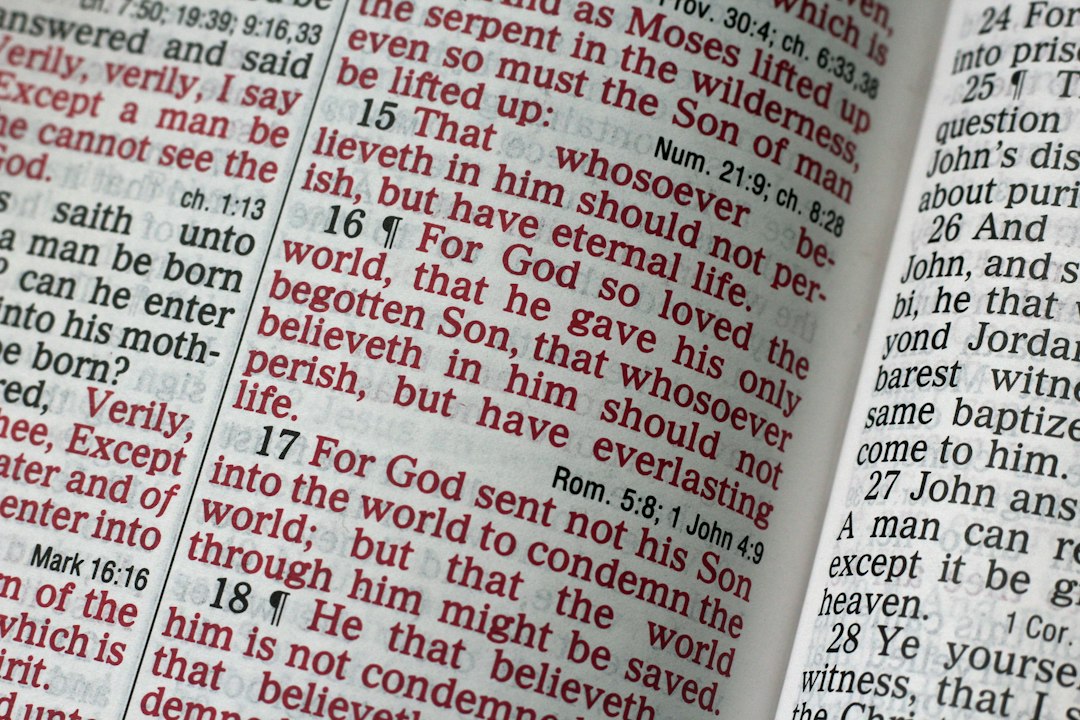Exploring the Concept of Divine Providence in Different Religions
Divine Providence, also known as the divine guidance or intervention of a higher power, is a concept that has been an integral part of various religious traditions throughout human history. While different religions may have distinct beliefs and interpretations, the concept of divine providence serves as a common thread that intertwines them together. In this blog post, we will delve into the concept of divine providence in some of the world’s major religions and explore the similarities and differences that exist between them.
Christianity, as one of the largest religions in the world, places a strong emphasis on the belief in divine providence. Christians believe that God is the creator and sustainer of the universe, and that he actively guides and directs the lives of individuals and nations. They believe that God has a divine plan for every person, and that everything that happens in their lives is a part of that plan. This belief is rooted in the Bible, particularly in passages such as Jeremiah 29:11, which states, “For I know the plans I have for you, declares the Lord, plans to prosper you and not to harm you, plans to give you hope and a future.”
Judaism, another monotheistic religion, also teaches the concept of divine providence. For Jewish people, divine providence is closely associated with the idea of God’s covenant with the Jewish people. They believe that God protects and watches over them, and that their actions and behavior are influenced by divine intervention. In the Jewish tradition, the concept of divine providence is deeply intertwined with the belief in free will. While God may guide and influence their lives, individuals ultimately have the responsibility to choose their own path.
Islam, the third major monotheistic religion, shares a similar belief in divine providence. Muslims believe in one God, Allah, who is all-knowing and all-powerful. They believe that Allah is in control of everything that happens in the world, and that he guides and provides sustenance for his creation. Muslims often attribute events and outcomes to the will of Allah, recognizing that he has a purpose and plan behind every occurrence. The concept of divine providence in Islam provides believers with comfort and a sense of purpose, knowing that every aspect of their lives is a part of Allah’s grand design.
In Hinduism, a religion with a diverse range of beliefs, the concept of divine providence can be understood in different ways depending on one’s specific beliefs and practices. Many Hindus believe in the concept of karma, which is the law of cause and effect. They believe that their actions in this life will have consequences, both positive and negative, in future lives. In this sense, the concept of divine providence is interconnected with the belief in reincarnation. Hindus see divine providence as a mechanism through which individuals experience the consequences of their actions in different lifetimes, ultimately leading to personal growth and spiritual evolution.
Buddhism, while not centered around the notion of a supreme being, also acknowledges the concept of divine providence in a different way. Buddhists believe in the law of causality, which states that every action has a consequence. They understand that the choices they make in life will shape their future, and that they have the power to create their own destiny. The concept of divine providence in Buddhism lies in the understanding that one’s own actions have the potential to bring about positive outcomes and personal transformation. It is through their own efforts and the practice of mindfulness and compassion that Buddhists strive for enlightenment and liberation from suffering.
As we explore the concept of divine providence in different religions, we can see that while the specific beliefs and interpretations may differ, there are underlying themes that connect them all. The belief in a higher power that guides and directs human lives, the recognition of the consequences of one’s actions, and the understanding that there is a larger purpose and plan behind every event are all common threads that run through various religious traditions. Through divine providence, believers find solace, purpose, and a sense of meaning in the world around them.

